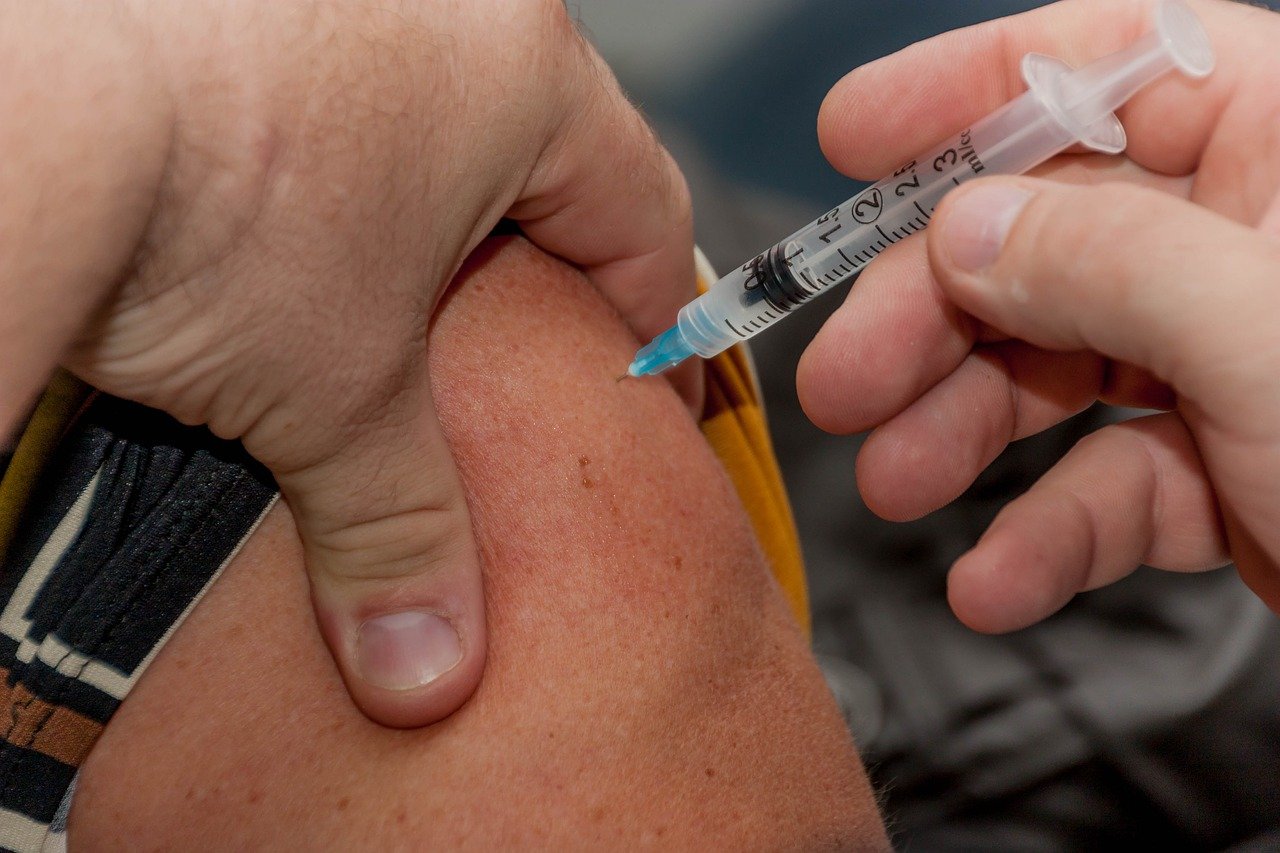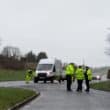
There have been four further Covid-related deaths reported in Northern Ireland in the latest 24 hours.
The total number of deaths now stands at 3,184 – 22 of which occurred in the last seven days, according to the Department of Health’s daily dashboard.
The Armagh, Banbridge and Craigavon borough has recorded 429 deaths to date; five in the last seven days.
There have been 244 deaths in the Newry Mourne and Down district, four of which occurred in the past seven days, while Mid Ulster accounts for 299 deaths, one of those in the past seven days.
There were 2,235 positive cases in the last 24 hours.
There have been 17,176 positive cases in the last seven days, which continues a downward trend.
Within the past 24 hours, there were 217 positive cases in Armagh, Banbridge and Craigavon – the third highest in NI.
There were 165 cases in Newry, Mourne and Down while Mid Ulster recorded 114. Belfast – the highest in NI – recorded 438 positive cases.
There are 443 patients in hospitals across Northern Ireland as a result of the virus.
There are currently 118 Covid patients in Southern Trust hospitals, 52 of whom are in Craigavon Area Hospital. There are 16 in Newry’s Daisy Hill Hospital.
There are 12 patients with Covid-19 in hospital intensive care units. There are currently 14 ICU beds available.
Hospital capacity currently sits at 105%.
Meanwhile, a spring Covid-19 booster vaccination will be offered to those aged 75 and over, as well as anyone over the age of 12 who is immunosuppressed.
The JCVI is advising that those who are at higher risk of severe Covid-19 should be offered an additional booster this spring.
Most people in this group will have received their most recent vaccine dose in September or October 2021 and with the lapse of time, their immunity derived from vaccination may wane substantially before the autumn of 2022.
Therefore JCVI is advising that as a precautionary measure for this year an additional booster jab should be offered, to the oldest adults, and those considered most vulnerable around six months after their last vaccine.
Speaking after the announcement, the head of Northern Ireland’s vaccination programme, Patricia Donnelly said: “COVID-19 has now been with us for two years and we know that it has disproportionately affected a number of groups including; older adults, residents in care homes and those with certain underlying health conditions.
“We can also see from the evidence that the booster programme introduced in September 2021 has provided high levels of protection against severe disease.
“The latest data from the UK Health Security Agency has indicated that while protection against mild infection appears to wane, protection against severe illness and hospitalisation is well maintained in older adults, underlining the importance of the booster, particularly for vulnerable groups.
“The latest advice from the JCVI will help us transition to the next phase of our programme and enable us to put operational plans in place for 2022 and onwards so that we can continue to offer the vaccination and the protection it provides to those most at risk from the virus at the most appropriate time.”
JCVI has also published interim guidance on a potential autumn



